Do you have an expensive Mortgage Penalty?
March 6, 2012
Many Canadians have looked into breaking their current mortgage to take advantage to today’s lower rates. Typically the first step is to call your existing Bank and find out the cost to break the existing term….. Well here’s where the surprise comes in !!
Not only are some penalties calculated close to 28 months interest!!…..but we find that each institution has difficulty explaining EXACTLY how the penalty is calculated, and therefore we hear the line of…. “we will waive your penalty if you stay with us”…Yeah Right!, stop the retention strategies, a penalty is a penalty….Needless to say we’re happy to see the Government looking into this.
Harper Government Acts to Further Protect Consumers
The Honourable Ted Menzies, Minister of State (Finance), and Shelly Glover, Parliamentary Secretary to the Minister of Finance, today announced the Harper Government is moving forward with several measures to protect Canadian consumers and help them achieve greater control over their own finances.
These measures, part of Economic Action Plan 2011, include a ban on unsolicited credit card cheques; and a new, shorter cheque hold period which will take effect August 1, 2012, so Canadians will have more timely access to their own money.
Credit card cheques are considered cash advances, which generally incur higher interest rates and fees, and do not offer an interest-free grace period.
The proposed regulations banning the distribution of unsolicited credit card cheques will amend the Credit Business Practices Regulations to require federal financial institutions to receive the express consent of borrowers before distributing credit card cheques.
“As a result of this measure, Canadian consumers would only receive this product on request, and when they have made a fully informed decision to do so,” said Minister Menzies.
A new Mortgage Code was also announced. It requires that federal financial institutions explain the differences between mortgage products, including ways to pay off a mortgage faster without incurring penalties. The Code also requires that they provide more information on how prepayment charges are calculated.
“I applaud the Government of Canada for further protecting consumers with these latest measures on unsolicited credit card cheques,” said Laurie Campbell, CEO of Credit Canada Debt Solutions. “By ensuring unsolicited cheques are not received by borrowers, individuals will be able to determine if they want these products themselves. This will ensure protection for those individuals who may not fully understand how they work and the cost involved.”
“In combination with the Guidance provided by the Financial Consumer Agency of Canada (FCAC), this Code will go a long way in helping consumers manage one of the biggest financial obligations of their lives,” said Parliamentary Secretary Glover.
